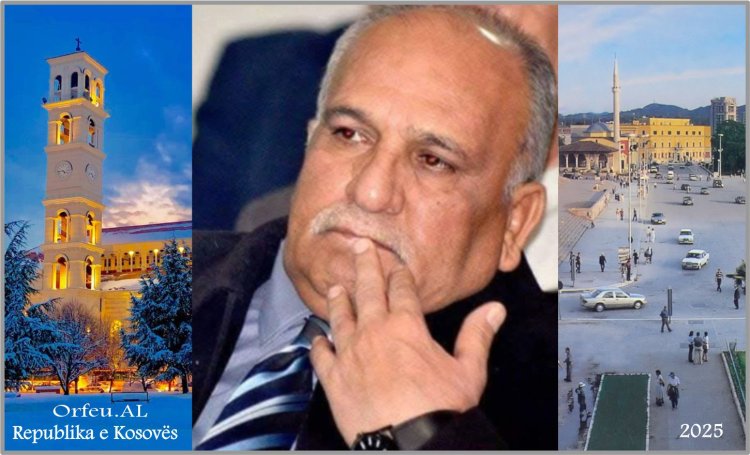ABBAS AL-WAIS - IRAQ
"A bite from the remains of a bitter loaf of bread" by Abbas Al-Wais
While Ashraf was sitting on the sidewalk of his neighborhood street as a means of escaping the clamor of his hungry children, where the shadows of the past meet the light of the present, he felt that life had emptied many things from him.
His dreams that were scattered on the prison walls, his pains that deepened in his heart like wounds that would not heal, as three years behind bars and in cells stole his hopes as they snatched the heartbeats, years that changed even his features and many questions without answers.
He left prison to find himself without a goal or work and the family he left behind was withering away..
And accumulated debts of money that his wife was borrowing from her acquaintances to pay for the days and the cruelty of hunger.
He is still feeding on the remains of dreams that he has lost any hope of achieving and he does not possess more than a university degree in business administration and consumed energy in a body that has lost its strength.
One day, a friend of his suggested to him a job opportunity that suited his educational attainment and weak constitution.
Perhaps this was a solution to ease the burden of need, poverty and hunger in this time of harsh siege that surrounded the country with a comprehensive blockade following absurd and reckless wars and hope at the end of the tunnel.. Oil in exchange for bread and medicine made available some of the grains languishing in the corners of the mills and their warehouses to be supplied in bags to hungry mouths that had tasted bitterness for many years.
He was watching the grains as they moved between the large, noisy machines to be ground and the bags with their mouths gaping at the ends, which brought back to his memory the dry, hungry mouths of his children.
All he had to do was count those bags as they were lined up in the warehouses and submit tables with the numbers to be stamped with the factory's logo and the date of their production.
The working conditions required him to work shifts and be present at night.
Luxury cars in the evenings, people who look and appear to be wealthy and influential get out of them, touring the factory departments before a long evening gathering in a luxurious reception room next to the administration.
Ashraf began to discover the details of the secret worlds of these visits day after day, and he wondered about the secret of the departure of strange trucks that were not owned by the company whose cabin doors had its name and logo stamped on them..
The threads of these talismans began to become clear gradually when Ashraf explored the exit outlets for the bags. He was shocked when he discovered two production lines, the first of which contained poorly produced flour with impurities of sand, gravel and spoiled grains, supplied to the general public through the outlets of government agents to the cities, villages and towns under the ration card system, and another line with clear purity was sold to merchants and the rich at exorbitant double prices. He tried to ask others about this strange duality of production, but one of them advised him to be silent and said: Sir, it is not only the owners of the company who profit at the expense of the bereaved and the poor like us, but there are others who are partners of the influential people in the government, and if you want to stay in your job, then all you have to do is be silent. Ashraf wondered, holding a handful of each type of flour in his fists and comparing them, this is what my children and the poor like me eat, and images of them chewing dry and bitter bread and his wife failing in all her attempts to purify it from bitterness came to his mind. Suffering was seeping into his heart and he had a feeling that silence was participation as he saw the world around him drowning in the mire of want and poverty, and he remembered the intestinal diseases, constant vomiting, food poisoning and dehydration of his children and others because of the bread produced from adulterated grain that was not even suitable as fodder for livestock. He thought of bringing up the matter since the source of grain supply was the state and hinted to one of the mill owners while he was roaming through its corridors and departments, thinking that he would hear his hints.
A deep look from the owner full of contempt and anger was enough for Ashraf to be silent and remain in a never-ending cycle.
The workers would not be surprised by the decision to fire him from work the next day. When he was curled up on the edges of the couch in his house, the little ones around him were jumping like rabbits with emaciated bodies and yellow faces, a lonely painting by an obscure painter who did not possess many colors..
Tea sweetened with date juice and a piece of bread, the last of which was from a loaf that was the most bitter, but the most honest, a bitterness that was not limited to the loaf only, but a bite.

